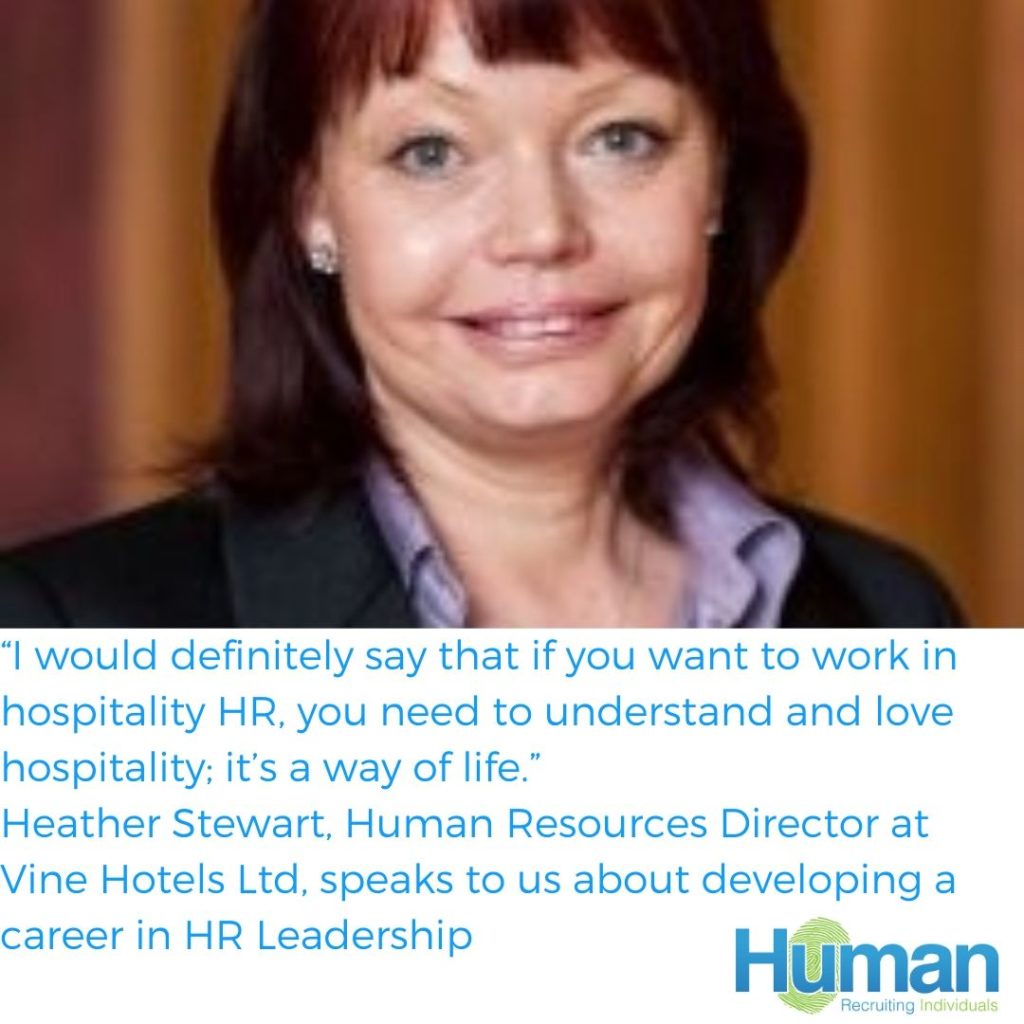Contingency vs. Retained Search As A Recruitment Model
If you’re looking to fill a new position at your company and add value to your current team, then choosing to outsource the recruitment process has probably already crossed your mind. And so have probably questions like: “How do I choose the right agency? What is the difference between contingency search and retained search? Which model works best for my organisation?”. Building a great team can be challenging, as finding the best talent is perhaps one of the hardest tasks associated with growing a business. This is because of the high number of variables required to consider, the back and forth before an actual contract is signed and the cost of a bad hire. In other words, no one can guarantee 100% a successful win-win partnership, despite the tools and efforts involved in making the process as failsafe as possible. And when you throw the current war for talent into the mix, sourcing the best candidates and matching them with the right job roles might seem like a far fetched dream. To help you distinguish between contingency search and retained search and decide on the best option when it comes to hiring a recruiter or an agency, in this article we will cover in depth both models, what they propose as well as the differences between them. But before we dive into the definitions, let’s briefly cover why you would want to hire an agency over recruiting in-house in the first place. While both in-house recruiting and outsourced models come with certain perks and drawbacks, there are three paramount factors to assess before making this decision: expertise, cost and quality of hire. Candidates and clients alike trust external recruiters to represent them and their interests. In fact, according to statistics over 50% of candidates prefer using a recruitment agency to find new job opportunities. In many ways such a partnership functions as a third-party validation because in order for a candidate to be represented by an agency,they have been assessed as a great match for the role, the business and the team. What this means for a HR leader, is that an external recruitment partner can attract better quality candidates because they have the knowledge, network and know-how to find and match the best talent with the best job. Considering that perhaps you don’t have the resources to handle this internally or that perhaps you want to focus on some other tasks that increase performance and profitability for your team, the fastest and most effective way to approach is to contract a specialist. By employing an external recruitment partner you can leverage your recruitment budget and get the expected results while also focusing on other more strategic priorities in your company. No more drowning in applications, no more back and forth, no more frustration when a seemingly great candidate goes awol on you, and the list could go on. Instead, you leave it to a specialised agency to do all the heavy lifting for you by covering the entire recruitment process from screening, shortlisting, skill-testing, all the way to the interviewing stage. Working with a recruitment agency means that when you do decide to sit down with a candidate for an interview, you’ll be briefed by a professional who’s done this before you and has already spoken to the candidate, so there won’t be any surprises. Contingency search In the business model proposed by contingency search, external recruiters or recruitment agencies are remunerated only after the successful completion of the search. This typically means when the contract is signed and the position is filled. In this case, you might assume that all the leverage falls into the hands of your organization, because you only pay at the end. However, this can also mean that your search assignment is placed at a lower priority than other retained searches. At the same time, this also means that the recruitment agency has to put its best foot forward and provide the best possible candidates. Or else they don’t get paid. This can also be a downside and a source of pressure for the external recruiter as they might not feel motivated enough to deliver if they find out they are competing against an internal team or even another agency. In this case it might be a good idea to limit the number of recruiters working on a contingency contract so the recruiter’s success chances are not hindered by other interests. Such a recruitment contract may typically perceive a fee between 20% and 35% of the placed candidate’s first-year salary. Retained search On the other side, in the retained search model, an external agency is contracted to conduct an efficient and effective recruitment process end-to-end. Because the retained search model comes with built-in exclusivity, as an HR director you have the guarantee that the recruiter or placement agency is invested and motivated to deliver its best service in sourcing and engaging the required candidates. Such a contract can go up to 50% of the annual compensation that the candidate will be paid, but often sits around the same fee as contingency search. This fee is often divided into thirds consisting of an upfront fee when the contract is signed, a second installment upon receiving the shortlist of candidates and further installments payable upon offer and acceptance. This involves a monthly retainer paid by the business to the recruiter in return for ongoing sourcing, interviewing, and shortlisting. Our unique approach and pricing model for each retainer project we work on consists of: • a 20% fee upon signing the contract and taking the assignment • 20% on delivery of a shortlist of candidates • 20 % upon acceptance of an offer • and the rest of 40% at the end of the first month When comparing retained and contingent search, it’s important to understand that as an HR leader you invest not only a great deal of trust but also financial resources into the agency before a shortlist is presented to you. However, since
Contingency vs. Retained Search As A Recruitment Model Read More »





